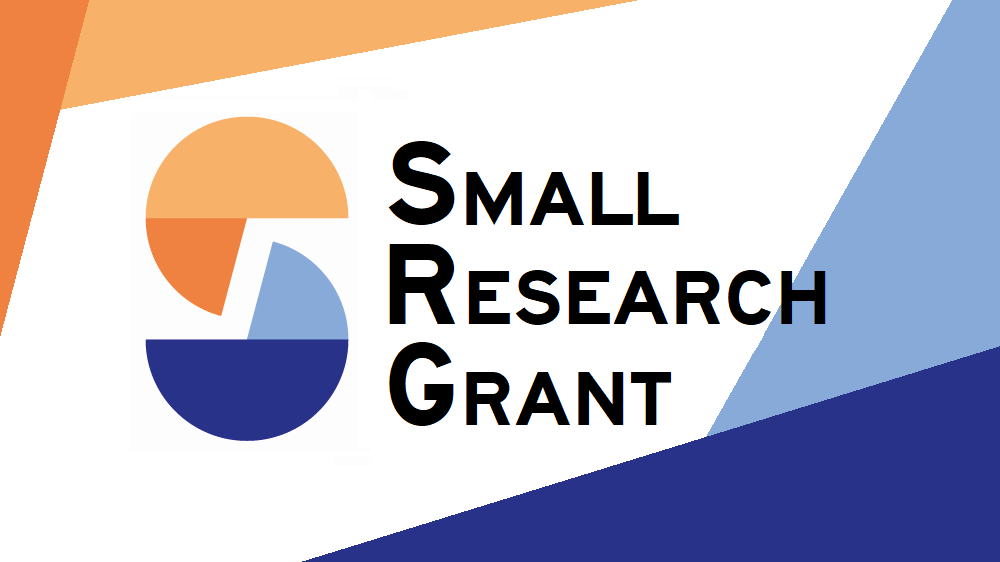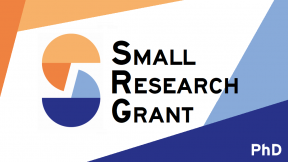From a theoretical perspective, industrial policy can play a significant role in improving productivity and innovative capacity (Aiginger & Rodrik, 2020; Balterme et al., 2019). While it is widely credited to have helped East Asian tigers industrialise, similar efforts in Africa or Latin America mostly failed (Lane, 2017, 2019; Juhasz, 2018; Liu, 2019; Rotemberg, 2019). One central difference that could potentially explain this variation is the nature of the state and the way it relates to the private sector. When states combine a professional bureaucracy (autonomy) with intense connections to private elites (embeddedness), such as in the case of the East Asian tigers, industrial policy can promote long-term entrepreneurial orientation by increasing incentives to engage in transformative investments and lowering risks (Evans, 1995; Wade, 1990, Johnson, 1982). However, in fragile states across Sub-Saharan Africa, Central Asia, or America, clientelism dominates private-sector relations rather than predictable, rule-governed bureaucratic behaviour. Ensuing state capture and rent extraction possibly blur industrial policy and inhibit structural transformation (Robinson, 2009; Rodrik, 2008; Bates, 1981). This project examines the effects of the state’s embedded autonomy on industrial policy, resource misallocation and structural transformation in Colombia.
As industrial policy is not random, the research team exploit a novel source of plausibly random industrial policy variation. In 2012, the state hired the Center for International Development at Harvard University to preselect a set of potential industries to be targeted (Conpes 3866 DNP, 2016). A simple grading system combined data from several economic dimensions to assign them a score (see Appendix). The Ministry of Industry then prioritised the top 30% of industries within each region. Industries with scores above this threshold were eligible to continue to the next phase, where their representatives negotiated with the state sectoral targeting policies. This project’s analysis, therefore, uses a regression discontinuity design to compare policies (e.g. tariffs, regulations, subsidies) and firm performance in sectors that were just above and below the pre-selection threshold and looks at heterogeneous effects depending on the state’s embedded autonomy.
This project will help elucidate why industrial policies may succeed or fail depending on the institutional context where firms operate, driving persistent productivity differences across industries and firms. Findings will have clear implications for development policy in Sub-Saharan Africa and other poor regions, particularly for international and national policymakers interested in designing more effective and transparent institutional structures for implementing industrial policy.


















































